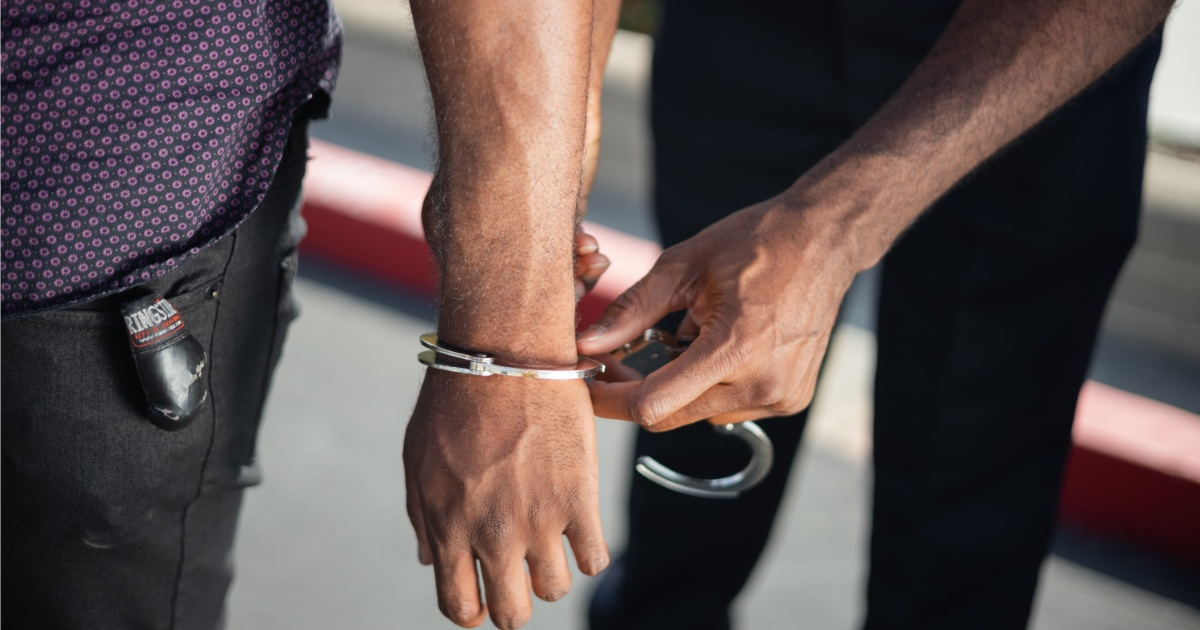
The Department of Justice together with the FBI and the United States Postal Inspection Service (USPIS) reported the arrest of more than 3,000 'money mules', whose role is fundamental in transferring funds from fraud victims to international criminals.
In a official announcement They detailed that these 'mules' are usually used in a wide range of fraud schemes, including lottery scams, romantic relationship scams and the use of government funds, with a notable incidence among elderly people.
"Many of these 'money mules' are initially victims of romance or lottery scams and are manipulated into transferring fraudulent profits without being aware of it," the official statement said.
In some cases, individuals are recruited for what they believe are legitimate home-based jobs, without being aware that they are facilitating criminal activities.
Prosecutor Benjamin C. Mizer highlighted that these actions have allowed “money to be kept out of the reach of international fraudsters and in the pockets of hard-working Americans.”
Additionally, he reiterated the Department of Justice's commitment to using all available tools to combat fraud and protect citizens.
The operation included carrying out criminal proceedings and sending approximately 2,970 warning letters to inform those who may have been deceived by the scammers.
Among the most notable cases is the indictment of 16 people involved in a scam orchestrated from the Dominican Republic that affected dozens of older Americans in New Jersey, New York, Pennsylvania and Massachusetts.
"We will relentlessly pursue those who attempt to illegally move funds for illicit purposes," said Michael Nordwall, assistant director of the FBI's Criminal Investigation Division.
Authorities are also stepping up outreach activities to educate the public about how scammers use 'mules' and how they can avoid being part of these crimes.
This initiative reinforces the continuous effort of federal authorities to prevent fraud and ensure the economic integrity of citizens, protecting the most vulnerable from being exploited by international criminal networks.
What do you think?
COMMENTFiled in: